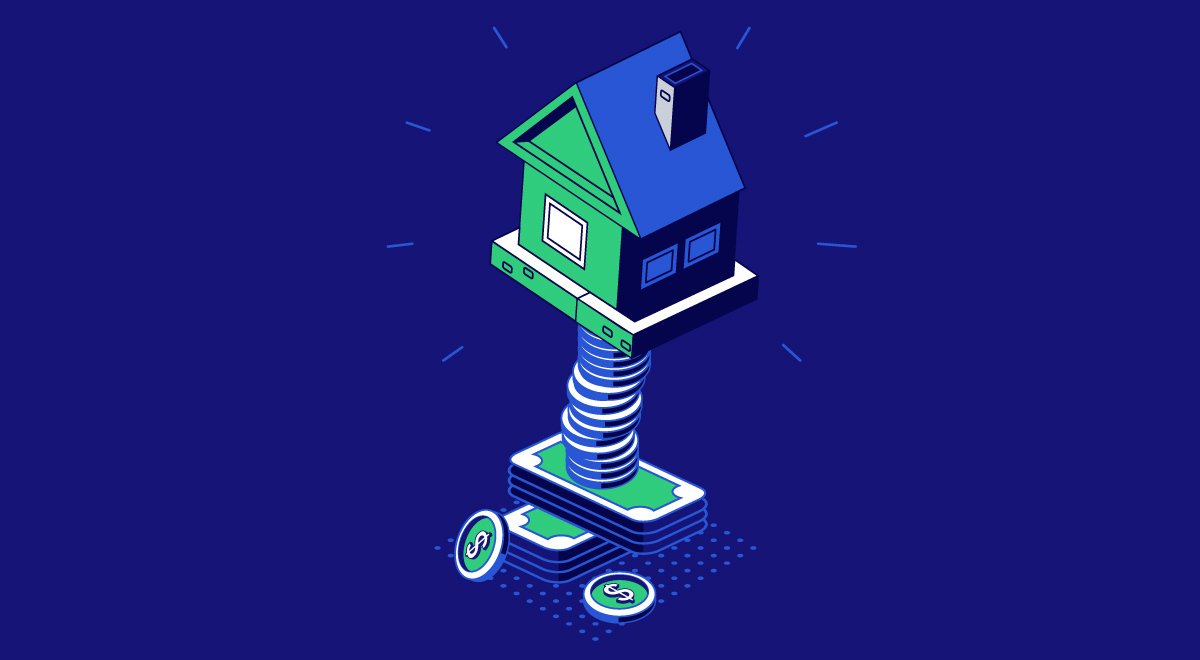The coronavirus pandemic is arguably the biggest event in our lives, affecting our physical and mental health, the way we live and work, and our financial footing with its reach extending to every corner of the globe. Even as states begin the arduous charge of reopening safely, we live under a cloud of uncertainty. Will the jobs come back? Will we face a recession? Will we have to close down again? There are no definitive answers. Fortunately, there’s help if you’re having trouble paying your bills because you were furloughed, fired, or otherwise impacted by the coronavirus. Creditors across the board are offering relief programs and mortgage payment forbearance for people who can’t pay their bills, including mortgage companies and banks that hold mortgages.
How Forbearance Works
Forbearance is a pause in your mortgage payments. As part of the CARES Act, if you have a federally backed loan, you have the right to ask your lender for forbearance for up to 180 days, and can ask for an extension for another 180 days after that. This isn’t automatic; you must contact your service provider to receive the forbearance. There’s no documentation required, nor do you accrue any additional fees because of it.
While it may put a pause on your loan, it does push your payoff date further out 180 days, and you still have to pay back your missed payments. If you have a Fannie Mae, Freddie Mac, FHA, VA, or USDA loan, then you don’t have to pay it back all at once; you’ll have three options. You can pay it back in one lump sum at the beginning, spread it out into monthly payments; or, at the end, pay one lump sum or extra payments. Other lenders may offer similar repayment options but you’d have to check with yours to find out the details.
Using this as an opportunity to take a break from mortgage payments isn’t a wise financial choice. If you can manage to make your mortgage payments, you should continue to do so.
How to Catch up When Mortgage Payment Forbearance Ends
You’re going to have to make up those mortgage payments eventually. Here are some ways to save money and pay for them.
1. Make a Budget and Stick to It
After you have your job back, continue to scrimp and save the way you did when you weren’t working. Subtract your monthly expenses and bills, including what you need to set aside for your missed mortgage payments, from the amount of money you’re making. This will give you a goal to work with. If you want an app to help you stick to your budget and do a lot of the work for you, there are many options to consider.
If you’ve come up with a negative amount here, it means you’re spending more money than you’re bringing in, and you’ll need to cut expenses. Some effective ways that you can cut down on your spending can be found here.
2. Get a Side Job
The job market may be uncertain right now, but when companies start opening again, you may be able to find a side job and dedicate those earnings to your mortgage forbearance payments. You may be able to find one that you can do from home right now.
3. Refinance Your Mortgage
Depending upon your original mortgage interest rate, as well as whether the current rates remain low, you may be able to use some of your home’s equity to pay money owed, as well as other bills. There are closing costs and other fees, so you’ll have to run the numbers and see if this is a good option for your circumstances.
4. Secure a Debt Consolidation Loan
A debt consolidation loan allows you to put all your debt into one convenient, more manageable monthly payment. Done on its own or as part of a debt settlement program, a debt consolidation loan can help you get your finances under control. Detailed information on how they can work for you can be found here.
What You Can Do Now
When the first 180 days of the forbearance is up, you may be able to get an extension if you need it. If you resume working before the end of the 180 days is up and you can afford to pay your mortgage again, contact your mortgage provider to stop the forbearance and arrange for repayment.
Look for ways to save or bring in money for when your forbearance is up. Find a temporary job (make sure you understand how it’ll affect your unemployment benefits first), look for items to sell online, or use a special talent that could earn you money such as teaching piano lessons. If another stimulus check is sent out and you don’t need it to pay for basic living expenses, set it aside for your mortgage forbearance payment. Even though you can’t afford your mortgage right now, you may be able to put something aside; anything you can sock away now will help you when it comes time to repay.





